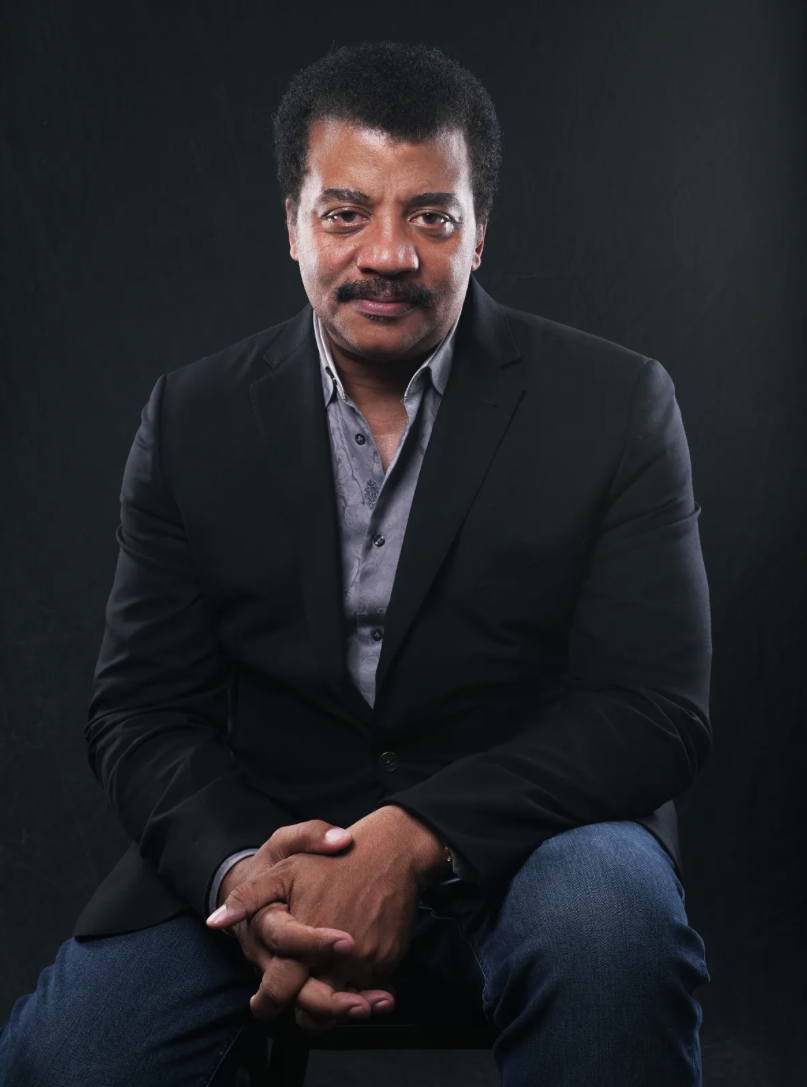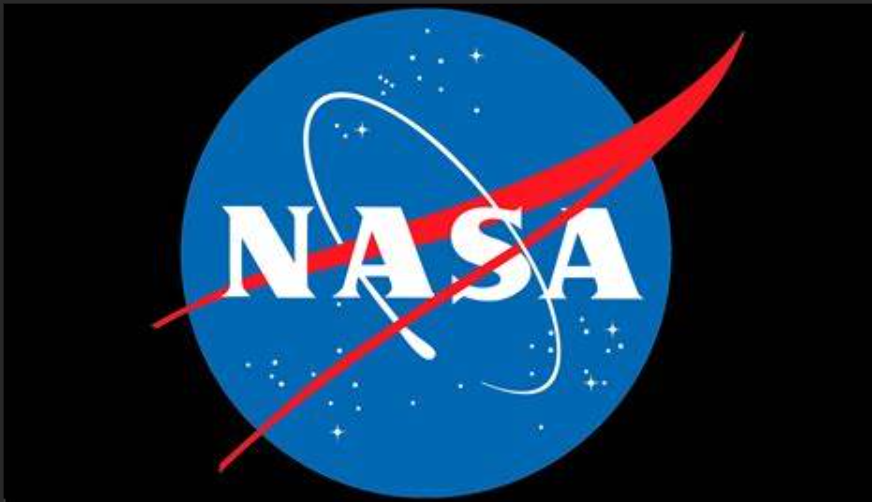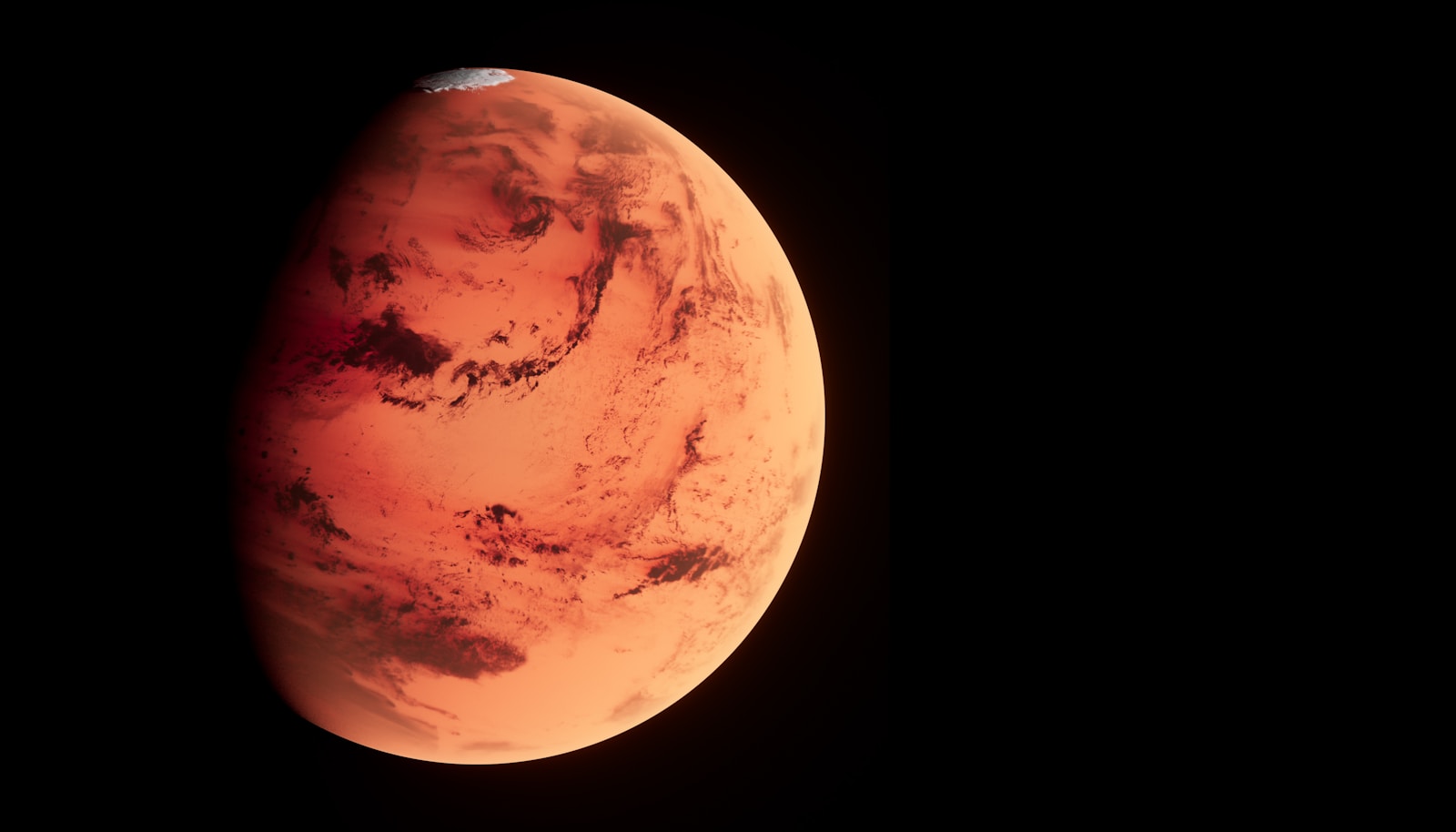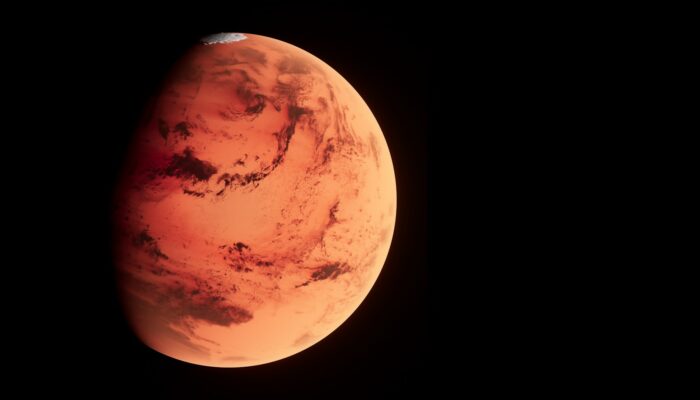by Julia Seibert
Shiny rockets, fancy telescopes, and billions upon billions of dollars… space exploration is no easy feat. So why do we do it? For those lucky enough to work in the industry, witness a rocket launch, or even traverse beyond our atmosphere, the question is a no-brainer. However, for the rest of the world, often only acquainted with the cosmos through a relatively static night sky and the odd news report, the workings of the universe are far detached from everyday life. Sure, the Hubble images are neat, but is there anything more to it?
To answer these questions, look no further than your TV. A myriad of new space documentaries await, each tailored to explore every aspect of space one could imagine, created in an effort to tackle the gap between scientific intricacies and public knowledge. Those space documentaries might explore deep cosmic mysteries, human spaceflight, and even how some do not believe in space at all, serving as an educational basis for space while challenging viewers’ outlooks on life and the universe.
New Space Documentaries
1. Star Chasers of Senegal (2023)
Maram Kaire, a Senegalese astronomer, is faced with a conundrum. As NASA’s Lucy spacecraft lifts off on the other side of the world to begin its trip to study Jupiter’s Trojan asteroids, he is tasked with collecting vital mission data on one of the asteroids from Senegal. This is quite an undertaking for any scientist, but in Kaire’s country, with a 95% Muslim population of which many ‘are hesitant to embrace modern science’, it is downright Sisyphean. He must try to convince his country’s leaders of the value of astronomy (and its infrastructure), and in efforts to do so, explores the field’s significant role in Islam, as well as how it was used in the region before the religion was introduced. Star Chasers of Senegal tells a scientific story through a sociological lens, also throwing light onto fledgling astronomy efforts in a region not usually associated with it.
2. Return to Space (2022)
By the time this documentary premiered, the star of Return to Space – Elon Musk’s SpaceX – had long established its role as the industry titan it still is today. The exciting new documentary, however, goes back to the company’s shaky beginnings as a modest gaggle of engineers seeking to accomplish the impossible: land and reuse a rocket. It is by no means a full or impartial account of SpaceX’s rise from a startup teetering on the edge of bankruptcy to today, and discreetly ignores criticisms of the company’s environmental and astronomical impact (as pointed out by Wired). Still, the albeit incomplete story is nevertheless a remarkable one, and culminates in SpaceX launching the first astronauts from US soil in almost a decade.
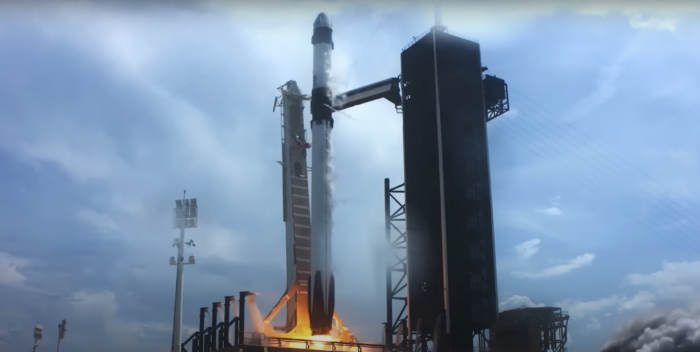
3. The Quest for Space: China’s Manned Space Missions (2021)
Despite regular lashings from US officials, the rise of China’s manned space program has been nothing short of astounding. With the program operating largely in isolation from the US and its wealth of experience and technology, China managed to go from its first human spaceflight to a space station in orbit within 20 years, and now boasts ambitious lunar plans. Within a 44-minute runtime, The Quest for Space goes over details and aims of the Chinese program, complete with interviews examining the motivations and backgrounds of those working within it. This space documentary comes courtesy of CGTN (China Global Television Network), so it is not completely impartial. Having said that, it is worth a watch because it provides a new perspective to the aspirations of an impressive program underrepresented and often villainized in popular Western media.
4. Black Holes: The Edge of All We Know (2020)
When the first image of a black hole hit the headlines in 2019, the true amount of brain-busting work that went into it might not have been immediately apparent. The image, a blurry yellow-orange donut depicting the shadow of the hole rather than the hole itself, seems rather inconspicuous compared to the toils required to somewhat understand its subject. This mind-bending space documentary follows two teams in their efforts to glean some knowledge about these enigmatic beasts. One is headed by Hawking, who heads a crew of theoretical physicists as they hem and haw about the information paradox: the idea that information might be lost forever within a black hole, even though quantum physics explicitly forbids this. The other group casually uses an Earth-sized telescope (the Event Horizon Telescope) to snap the image of the monster. If your brain still works after watching this, the universe might never look the same to you again.
5. Challenger: The Final Flight (2020)
The sight of the Y-shaped cloud above Kennedy Space Center left by Space Shuttle Challenger’s 1986 explosion has haunted the public consciousness for decades – but there is more to the tragedy than meets the eye. The three-part docuseries Challenger: The Final Flight features interviews with about 30 individuals familiar with the disaster, including former NASA employees, friends and families of the deceased, and rocket booster manufacturers Morton Thiokol, and examines how ‘go-fever’ and an obsession with public relations caused 14 people to lose their lives. Though it makes for decidedly less cheerful viewing than a success story, it is all the more important, serving as a harrowing reminder of the realities of spaceflight and where the real priorities should lie. This new space documentary offers valuable lessons and insights, making it a must-watch for anyone interested in space history and the human side of space exploration.
6. Behind the Curve (2018)
Yes, a new space documentary about flat Earthers might not be an obvious choice when it comes to learning about space. Why should it not be though? Dismissing this viewpoint and its believers it as simply bananas overlooks real-world societal processes that shape not only these beliefs, but others, too. ‘It’s so easy to demonize another group or another person for something they think, but you’re kind of just as guilty if you do that,’ director Daniel J. Clark told Entertainment Weekly. The controversial space documentary follows several flat earthers, predominantly prolific YouTuber Mark Sargent, as they attend conferences and hold experiments to try to prove the Earth is flat (spoiler alert: it is not). Also featured are several physicists and astronaut Scott Kelly, who provide context for how and why these beliefs might come to be. The documentary concludes with a lamentation concerning believers’ misdirected affinities and enthusiasms for science, which, applied elsewhere, might have been highly successful.
7. Death Dive to Saturn (2017)
Cassini: the little spacecraft that could. For about thirteen years, the probe resided in the lonely orbit of Saturn, dutifully beaming back invaluable data to its human scientists, many of whom grew up alongside it. One day, however, it was time for its mission to end. As a final commitment to science, the spacecraft deliberately steered itself into the depths of Saturn to avoid contaminating its moons. Death Dive to Saturn covers the events of that fateful 2017 day, capturing the reactions and emotions of Cassini’s guardians back on Earth. These scientists, as reported by the New York Times, had become somewhat of a family since the spacecraft’s launch 20 years ago, and the goodbye is bittersweet. It is an emotional space documentary that tugs at the heartstrings, so get the tissues ready.
8. Human Universe (2014)
Brian Cox, a professor of particle physics at the University of Manchester, has long graced the screens of BBC’s space-related programs. His calming demeanor somewhat pacifies the hair-raising complexities of his topics, of which there are too many to list here. Human Universe, however, stands out as it strives to unify mankind’s existence and history with the vast mysteries of the universe, resulting in this five-episode docuseries hitting a little closer to home than most. The series’ subjects range from the possibility of alien life (always a popular topic), to human nature and our view of the universe, to our planet’s future. Once again, grand orchestral scores and dramatic visualizations are ever-present, with Cox jet-setting across the world to get the lowdown on his questions. So, take a chance on “Human Universe,” an incredible yet philosophical space documentary that will reward you with an enlightening journey through the mysteries of space and the intricacies of human curiosity.
You may also like: The 20 Best Movies About Space to Watch In 2023
Best Space Documentaries of All Time
1. Cosmos: A Personal Voyage (1980)
Carl Sagan’s record-breaking, thirteen-part docuseries is undoubtedly one of the best space documentaries of all time, deserving its place in the history books. As of 2009, it was seen by over 500 million people in 60 different countries, and remained the most-watched PBS series for a decade following its 1980 debut – for good reason. The series is like Brian Cox on steroids, its topics seemingly documenting every angle of the universe and how our puny species fits into it. History of science, the lives of stars, natural selection, a handful of apocalyptic scenarios, what to do when we meet aliens… you name it, Sagan mentions it. The whole thing is tied together with then-groundbreaking visual effects, enhanced with music by Vangelis, who would go on to score Chariots of Fire and Blade Runner.
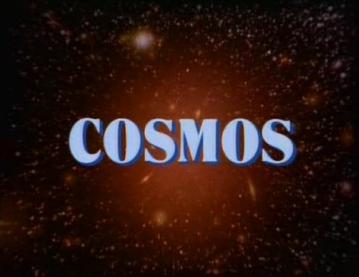
The series is over 40 years old, and while a revised edition mentions updates uncovered since its broadcast, the science of Cosmos is not exactly cutting edge. However, it is Sagan’s manner and poetic delivery that led to his impact on the popularization of science and space. His enthusiasm is infectious, and evergreen in the ageing series. Still, if you prefer your facts updated, the 2014 reboot entitled Cosmos: A Spacetime Odyssey presented by Neil deGrasse Tyson is not half bad, either.
2. Into the Universe with Stephen Hawking / Stephen Hawking’s Universe (2010)
Anybody even vaguely interested in space would benefit from reading Stephen Hawking’s works, but this three-part docuseries might do the trick, too. The man himself stars in a handful of scenes, with actor Benedict Cumberbatch providing voice-over for the rest. Each of the three episodes focuses on one mind-bending facet of space: Aliens, Time Travel, and The Story of Everything. Comprehending bizarre concepts like these is made far easier by Hawking’s remarkable talent for wittily explaining them in layman’s terms – aided, of course, by immersive CGI and swelling scores. When all is said and done, one is somehow left with both a sense of vast insignificance and cautious optimism about humanity’s future in the universe (and, as Hawking quips, the universe next door). As for its status as one of the best space documentaries, “Into the Universe with Stephen Hawking” has earned a place among the most captivating and thought-provoking documentaries in the genre.
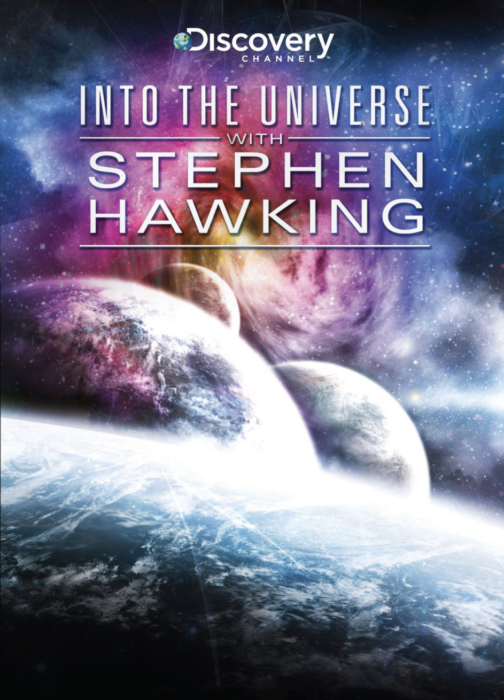
3. For All Mankind (1989)
A time capsule of the golden age of the space race, National Geographic’s documentary For All Mankind is a true gem. Reminiscent of 2001: A Space Odyssey, it consists entirely of footage from Apollos 7-17 stitched together to emulate one lunar expedition. No cheesy voiceovers or special effects here; apart from the occasional supporting musical score, all audio stems from mission recordings or interviews. It even includes music from tapes astronauts took onboard the spacecraft. The grainy footage and somewhat garbled audio might not be for everyone, but those with patience are rewarded with nuggets of beauty: from serene views of Earth and its satellite to astronauts humming as they bounce around on the moon, the film showcases spaceflight like never before. If you prefer a single storyline, however, stick with 2019’s Apollo 11, which similarly uses solely archival footage to tell the tale of humanity’s first lunar landing.
You may also like:
9 Most Popular Space Exploration Games You Must Try in 2023
How Are We Going to Colonize The Moon?
Why Are Documentaries about Space So Popular?
Understanding space is a privilege. Grasping its concepts is, more often than not, difficult without access to education or time for self-study – not to mention actually witnessing cosmic phenomena, for which expensive telescopes are a must. Documentaries provide a partial solution to this. The genre constitutes a direct pipeline from the scientist or industry insider to the viewer, their words often combined with majestic imagery to really hammer home the facts. By meshing mindboggling science and elements of Hollywood cinema, documentaries can expand a viewer’s world – or universe – without them having to leave the couch.
In addition to pure science, the magic of space documentaries lies in their storytelling. The genre’s ability to take something as distant and abstract as cosmology or space travel and unveil its deeply personal nuances is unmatched, lingering in the viewer’s mind long after the credits roll. Tales of deep space and time, for example, might provoke reflection on the rarity of life, the fate of the universe, and our place within it.
Other documentaries provide an insider’s glimpse into the future by showcasing novel technologies and processes, and explore their possible impact. Others still focus on the human aspect of space exploration, revealing the hopes, fears, and motivations of scientists, astronauts, and their families throughout the most perilous of missions. Above all, though, space documentaries further understanding – both scientific and interpersonal – of different mindsets, countries, and professions. As a new space age prepares for launch, this is more important than ever.
How Are Space Documentaries Made?
These days, space documentaries are a dime a dozen, and vary greatly in their creative processes and styles. A common subgenre, however, involves a presenter (usually a distinguished expert themselves) running the show, addressing the viewer directly as they talk. Vivid effects are used to help the viewer visualize the concepts, while the presenter stands in a spaceship-like studio or reports from parts of the world relevant to the topic at hand.
Carl Sagan, Neil deGrasse Tyson, and Brian Cox are all masters of this style; the latter seems to hilariously teleport to distant corners of the globe throughout an episode. Another style of documentary might consist of interviews with those involved in the topic, sometimes aided by voiceover, combined with real-life footage or visualizations to complete the narrative. In some cases, documentarians follow their subjects as the story is unfolding, capturing the rawness of some critical endeavor in real time.
The above styles are often used in traditional documentaries, but times are changing. Today, a new format has made its way onto the scene and is capturing the views of millions: YouTube. While the free platform is open to anyone and is positively brimming with baloney, a few channels are worth a watch. Everyday Astronaut, for example, gives beginner-friendly overviews of rockets and their physics.
Kurzgesagt – In a Nutshell and PBS Spacetime churn out bite-sized explanations to common questions. Meanwhile, space agencies such as NASA and ESA, or companies like SpaceX, livestream rocket launches or other significant events. These livestreams can also be highly educational as they are often accompanied by commentators, who clear up any confusion. Several non-official channels do the same. Certainly, anything learned from YouTube should be taken with a grain of salt, but in some cases, the platform can be a treasure trove of knowledge.
Upcoming Space Documentaries You Don’t Want to Miss!
With a whole universe to cover, it is unlikely that space documentaries will disappear anytime soon. New developments are seemingly happening by the hour; predicting what documentaries to expect in the next few years is as easy as paying attention to interesting proceedings today. Already announced is a 2024 BBC show hosted by the unwavering Brian Cox, which will see the latter exploring a host of local planets and moons, philosophizing on their mysteries, and describing what missions are currently being undertaken to better understand them.
A little more patience – and nerves – are required for a certain upcoming work by American documentarian Brendan Hall. Along with seven others, the filmmaker was chosen for a trip around the moon aboard SpaceX’s still-prototypical Starship, paid for by Japanese billionaire Yusaku Maezawa. With his documentary to be filmed during the trip, Hall wants ‘to tell this human story, and the story of the crew members transforming through this mission… this is about people as much as [it is] about the moon or about space’, as he tells CT Insider. When exactly the project comes to fruition depends on the readiness of the rocket, an ambitious behemoth of a concept that likes to engage in spontaneous aerial pyrotechnics from time to time.
If it ever happens, those entrenched in space YouTube might recognize a familiar face; Tim Dodd, the Everyday Astronaut, scored a ticket aboard the same flight. Regardless of whether they take off, the motivation behind the project and its passengers – inspiration – sums up a general trend of growing accessibility of space by means of popular media. In addition to the ever-increasing number of documentaries hoping to educate and inspire their viewers, expert social media personalities such as Dr. Becky Smethurst and Camille Bergin have enchanted thousands of followers by sharing their work with the public – not to mention the successes of some YouTube pages.
New space documentaries will continue to emerge, captivating people’s attention more and more as time goes by and as the field of space exploration keeps developing. The ongoing progress in space research and missions will undoubtedly fuel a never-ending fascination with the cosmos, inspiring filmmakers to share new discoveries and stories, making space documentaries a perennial source of wonder and excitement for audiences around the world.
If you found this article to be informative, you can explore more current space news, exclusives, interviews and podcasts here.
Featured image: Neil DeGrasse Tyson, 2018. Credit: Andrew H Walker / Variety / Shutterstock.com
Share this article:
